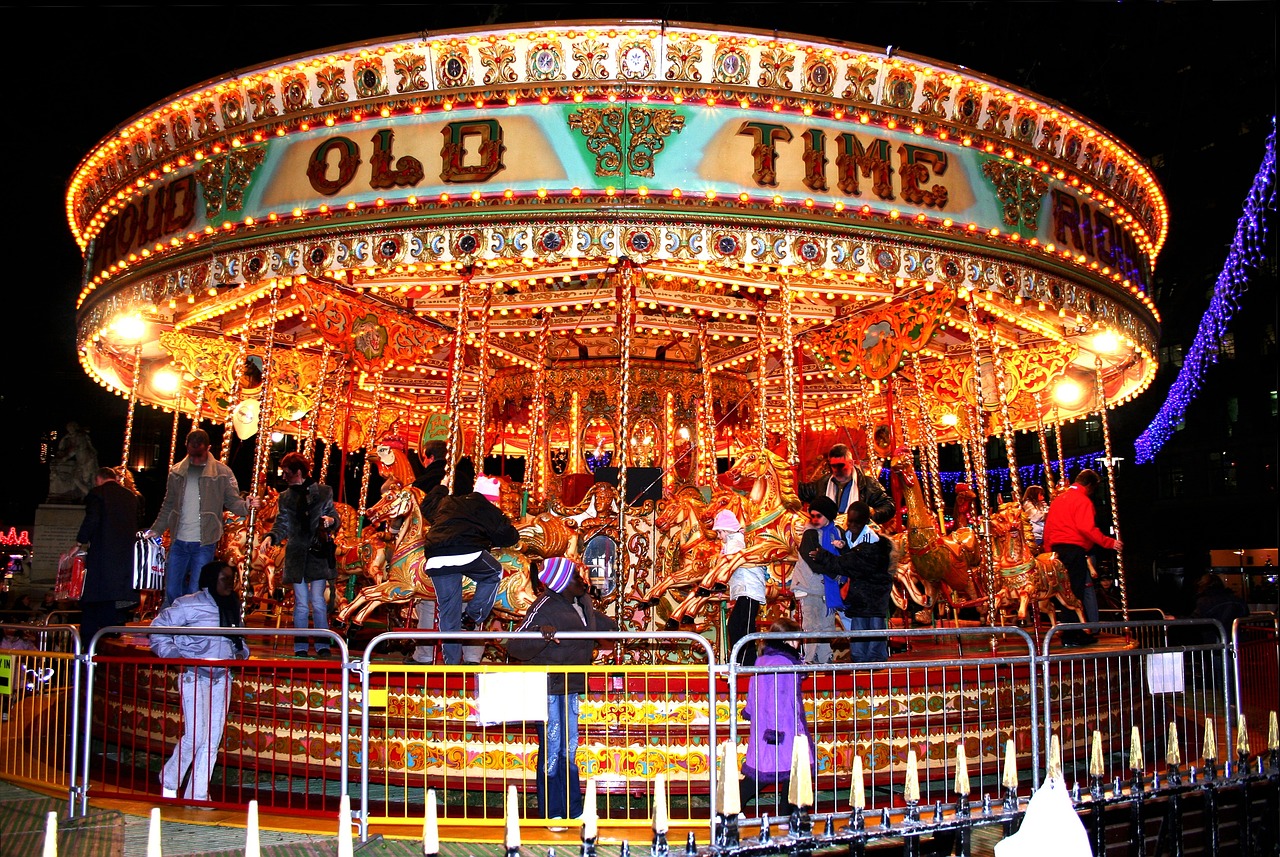Diversity in Literary Awards: Recognizing Intersectional Identities and Experiences: Betbhai9 com sign up, Playexch, Gold365win
betbhai9 com sign up, playexch, gold365win: Literary awards play a significant role in recognizing and celebrating the diverse voices and stories that make up our society. However, for a long time, many of these awards have been criticized for their lack of diversity and inclusion. It is essential to acknowledge the importance of recognizing intersectional identities and experiences in literature, and that includes diversity in literary awards.
The Need for Diversity in Literary Awards
Literature is a reflection of our society, and it is crucial for literary awards to reflect the diversity of voices and experiences within it. By recognizing and celebrating a wide range of perspectives, we can create a more inclusive and representative literary landscape.
Building a more diverse and inclusive literary community can also inspire future generations of writers and readers from all backgrounds to share their stories and experiences. This can help break down barriers and foster understanding and empathy among different groups of people.
Recognizing Intersectional Identities
Intersectionality refers to the interconnected nature of social categorizations such as race, gender, class, and sexuality. Recognizing intersectional identities in literary awards means acknowledging and celebrating the unique experiences and perspectives that come from the intersections of these different identities.
By focusing on intersectionality in literary awards, we can ensure that a wider range of voices and stories are uplifted and recognized. This can help create a more vibrant and diverse literary landscape that reflects the rich tapestry of human experiences.
The Role of Literary Awards
Literary awards play a crucial role in shaping the literary landscape by highlighting and promoting outstanding works of literature. By incorporating diversity and intersectionality into these awards, we can help create a more inclusive and representative literary community that values and celebrates the voices and stories of all people.
Fostering Diversity and Inclusion
In order to foster diversity and inclusion in literary awards, it is essential for award committees and organizers to actively seek out and promote works from underrepresented voices. This can include reaching out to writers from marginalized communities, creating dedicated categories for diverse voices, and engaging in outreach efforts to promote diversity and inclusion.
FAQs
Q: Why is diversity important in literary awards?
A: Diversity is important in literary awards because it ensures that a wide range of voices and stories are recognized and celebrated, creating a more inclusive and representative literary landscape.
Q: How can literary awards promote diversity and inclusion?
A: Literary awards can promote diversity and inclusion by actively seeking out works from underrepresented voices, creating dedicated categories for diverse writers, and engaging in outreach efforts to promote diversity and inclusion.
Q: What is intersectionality in literature?
A: Intersectionality in literature refers to the interconnected nature of social categorizations such as race, gender, class, and sexuality, and recognizing the unique experiences and perspectives that come from the intersections of these identities.
In conclusion, recognizing intersectional identities and experiences in literary awards is essential for creating a more inclusive and representative literary landscape. By promoting diversity and inclusion in literary awards, we can celebrate the diverse voices and stories that make up our society and inspire future generations of writers and readers.







